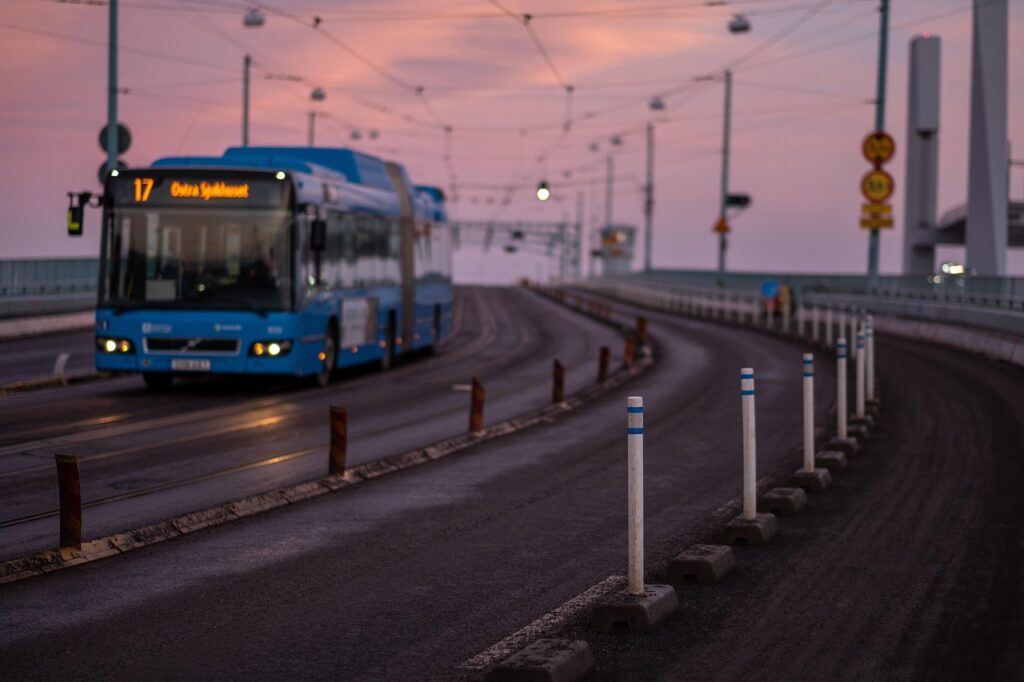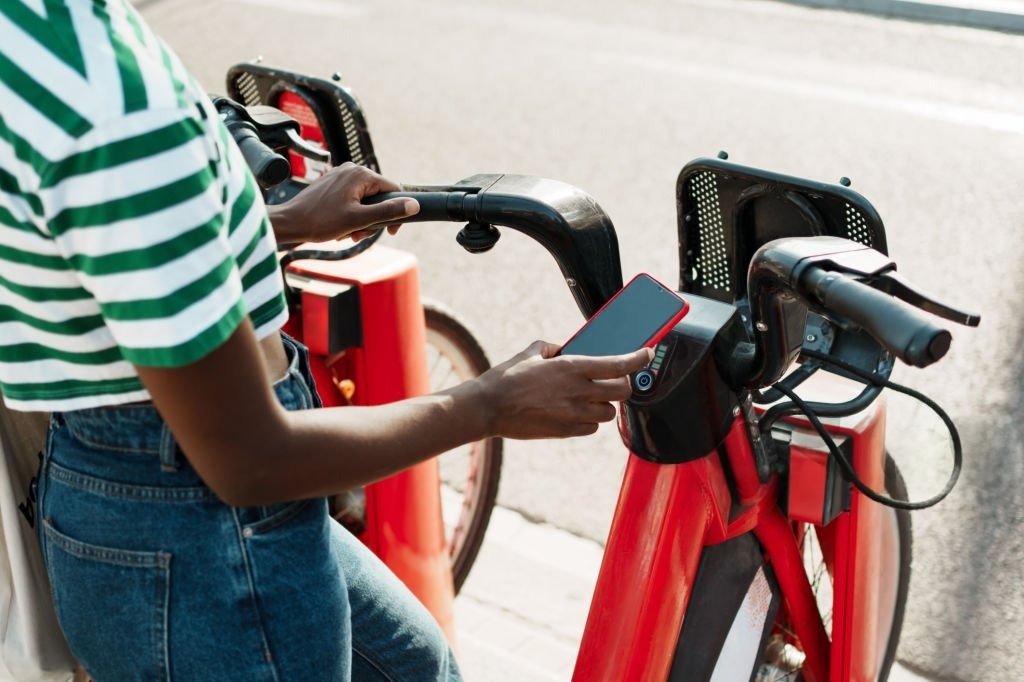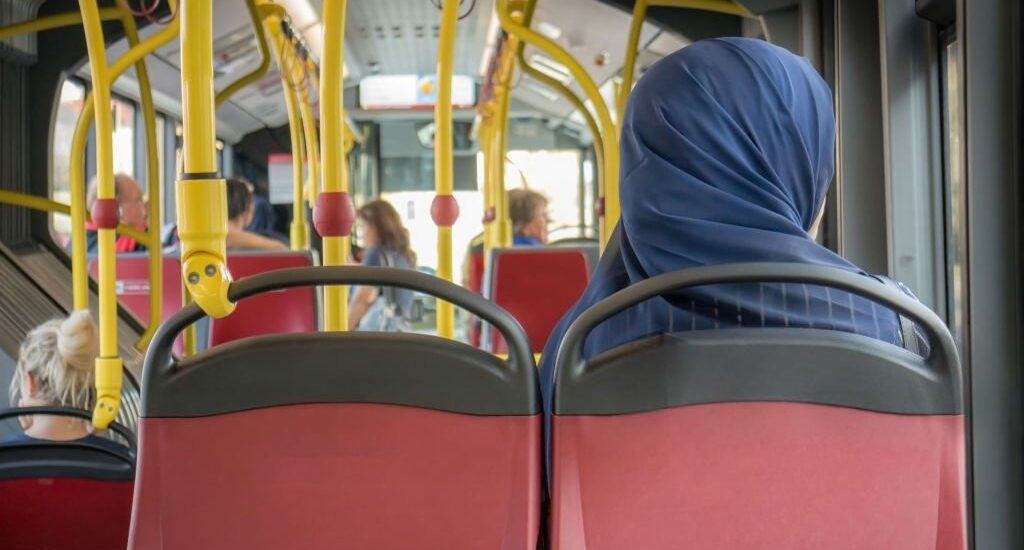As the world faces the climate crisis, one thing is becoming clear: how we move shapes how we live. Cities are responsible for over 70% of global carbon emissions, and transportation alone contributes nearly 25%.
Yet, millions of people — especially in the Global South — lack access to affordable, efficient, and sustainable public transport. This isn’t just an environmental issue — it’s a matter of climate justice.
When public transport fails, the most vulnerable communities pay the highest price: rising air pollution, traffic congestion, economic exclusion, and unequal access to opportunities. But around the world, innovative models are proving that green mobility can also be equitable mobility.
🌍 Why Public Transport Is a Climate Justice Issue
Climate justice recognizes that those least responsible for carbon emissions are often the most affected by its consequences. Public transport sits at the heart of this challenge:
- 🌱 Environmental Impact → Shifting people from private cars to buses, trains, and metros cuts emissions significantly.
- 🏙️ Social Equity → Affordable, reliable transport opens access to jobs, education, and healthcare.
- 💸 Economic Fairness → Low-income communities spend a higher percentage of income on transport, making subsidies and public investments critical.
- 🌡️ Climate Adaptation → Better transport planning reduces urban heat islands, air pollution, and traffic-related health risks.

🌿 Lessons for African Cities
Africa’s rapid urbanization makes sustainable mobility a necessity, not an option. Cities like Lagos, Nairobi, Kigali, and Cape Town are experimenting with BRT systems, non-motorized transport, and e-mobility.
Key priorities include:
✅ Investing in affordable mass transit
✅ Building cycling & pedestrian-friendly infrastructure
✅ Encouraging electric mobility solutions
✅ Using data-driven planning to avoid congestion
✅ Making climate-friendly mobility accessible for all
🚀 The Way Forward: Rethinking Mobility for People, Not Cars
If we want climate-resilient cities, we must reimagine mobility. Public transport must be:
- Green → Powered by renewable energy and low-emission fleets 🌱
- Equitable → Affordable for low-income communities 💰
- Inclusive → Accessible to women, children, and persons with disabilities ♿
- Innovative → Leveraging technology for efficiency and connectivity 💡

🔗 Final Thoughts
Public transport isn’t just about moving people — it’s about building fairer, greener, and more inclusive cities.
At SustainabilityUnscripted, we believe sustainable mobility must prioritize people over profit, equity over exclusion, and climate justice over convenience. The choices we make today will define how we live tomorrow.







